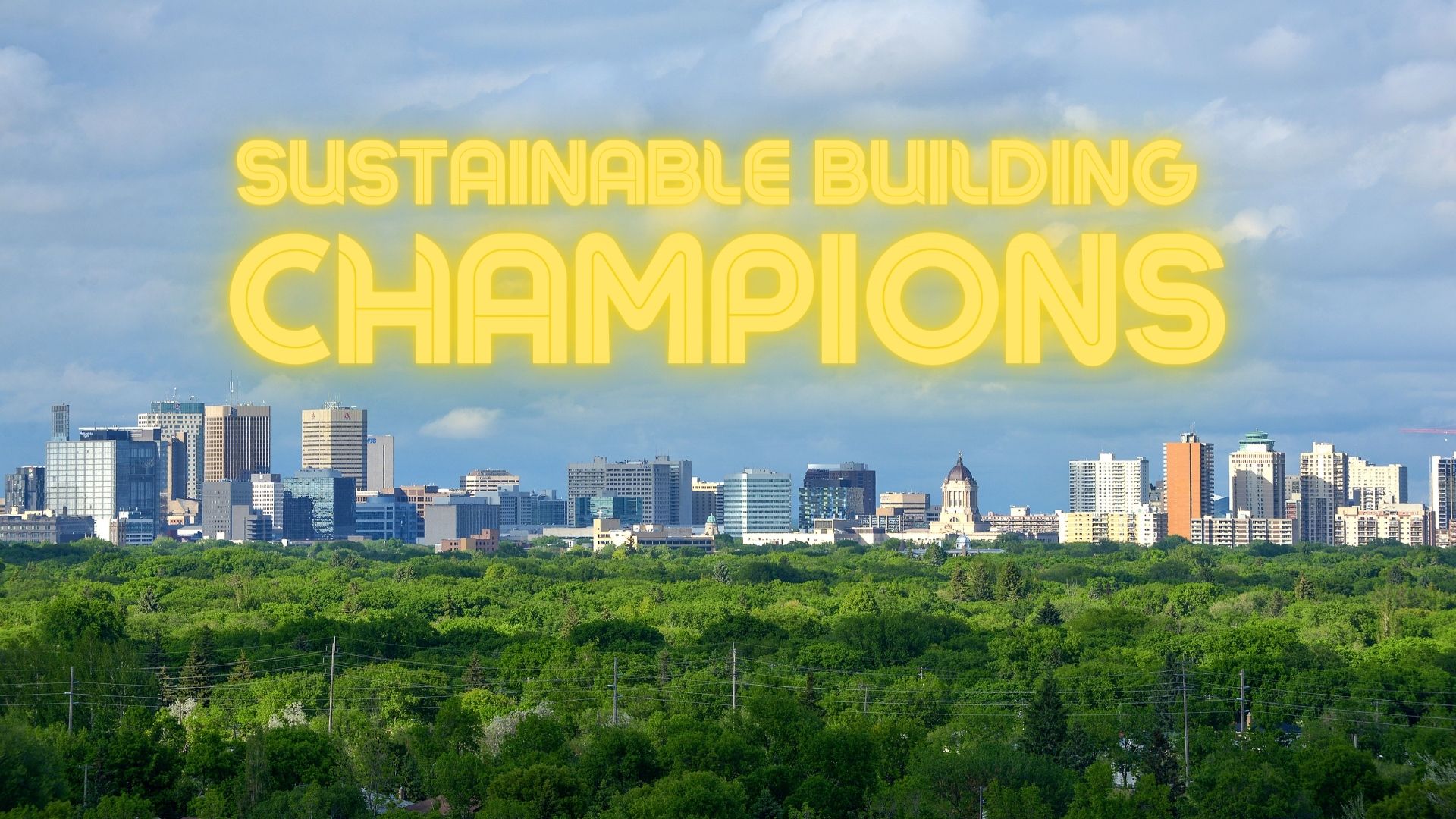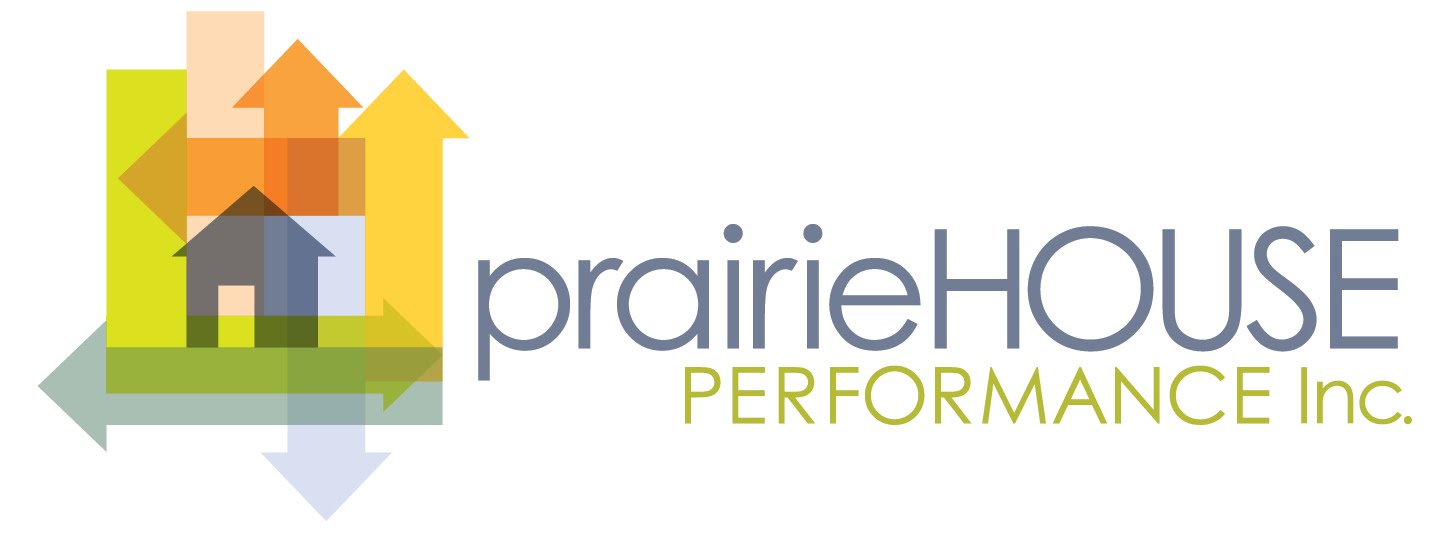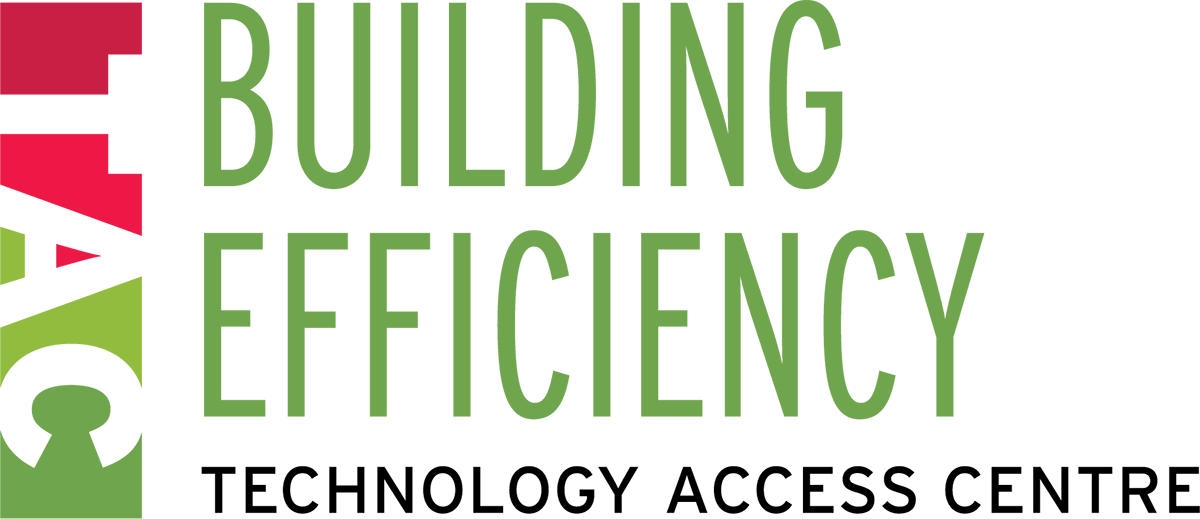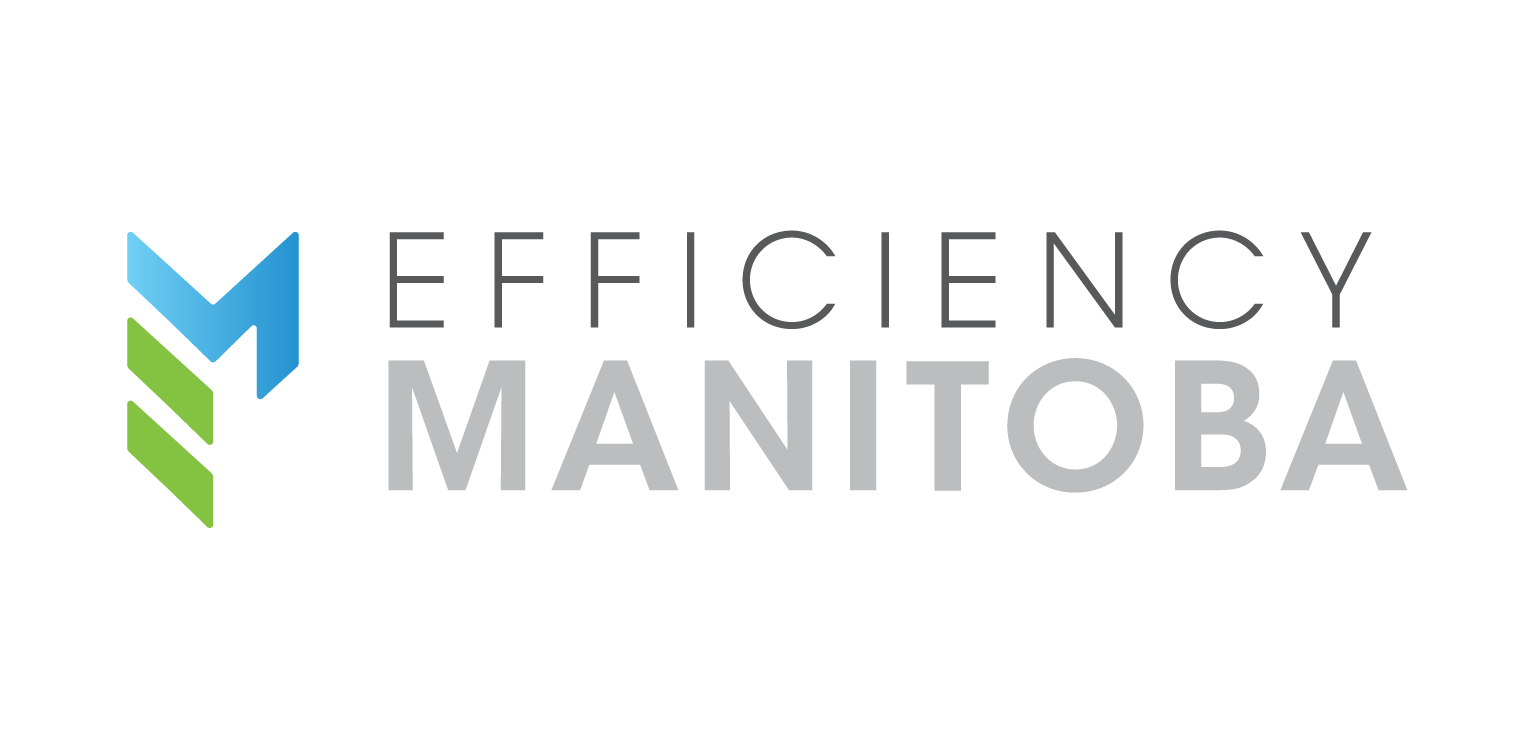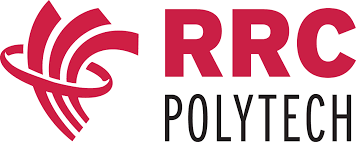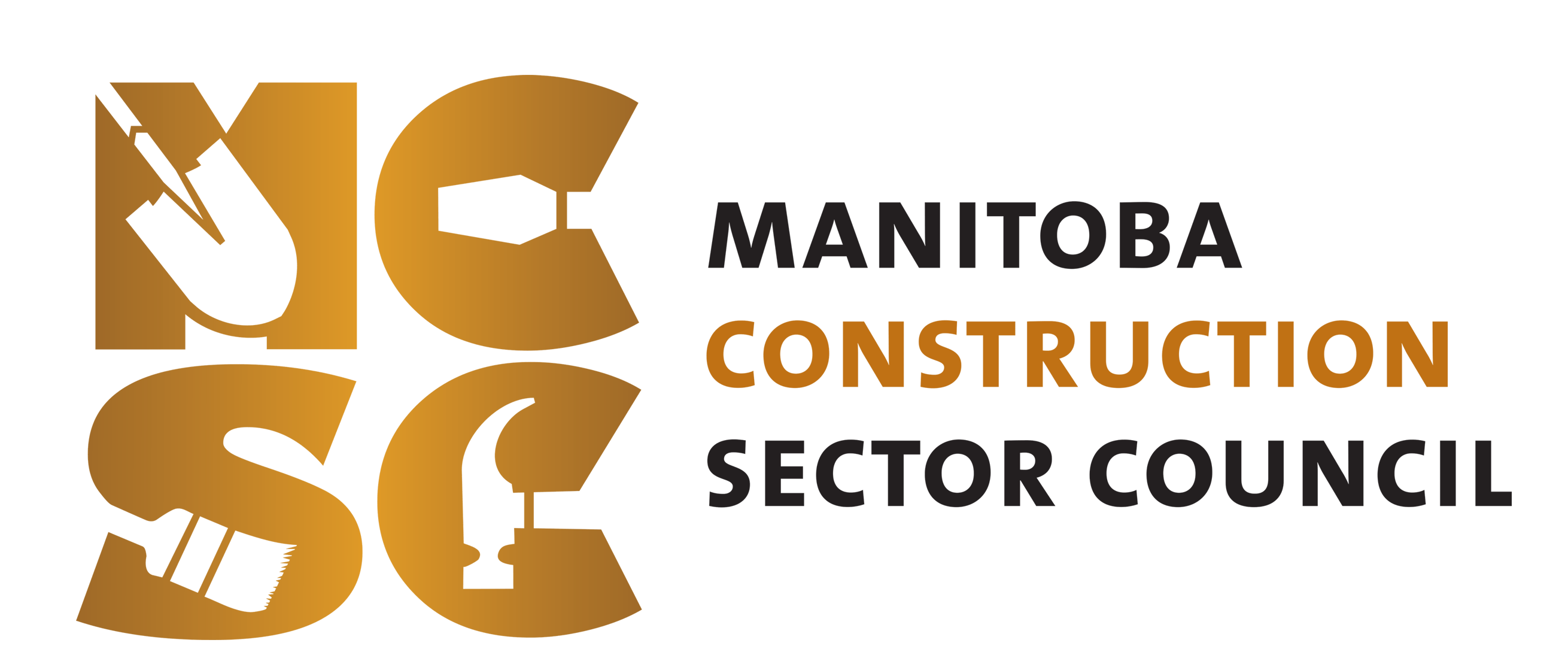
Thinking about home renovations?
This is an excellent time to improve the energy efficiency of your home!
Energy efficient home retrofits involve upgrading an existing home with new technology or features to reduce energy consumption, improve comfort, and lower utility bills. These upgrades can range from simple fixes like sealing leaks to deep retrofits like installing new windows or upgrading insulation.
Why are energy-efficient retrofits beneficial for you?
Energy-efficient home retrofits are a smart investment that pay off in multiple ways.
- Cost Savings: Significantly reduce energy bills and long-term cost savings
- Reduce Environmental Impact: Reduce greenhouse gas emission by consuming less energy
- Enhanced comfort: Upgrades such as better insulation, efficient heating and cooling systems, and high-performance windows can make your home more comfortable by improving air quality and maintaining consistent indoor temperatures
- Increase Home Value: Boost your home’s resale value because many buyers are willing to pay a premium for homes with lower operating costs and a smaller environmental footprint.
- Health benefits: improvements like better ventilation and reduced indoor pollutants can lead to a healthier living environment.
Start by getting an energy assessment of your home.
An energy advisor can visit your existing home or commercial building and identify areas where your home is losing energy and recommend specific upgrades. These recommendations may include an approximation of the potential energy saving that may be earned from these upgrades.
Common upgrades include:
- Insulation: Adding or upgrading insulation in your attic, walls, and floors can dramatically reduce heating and cooling costs.
- Windows and Doors: Replacing old, drafty windows and doors with energy-efficient models can prevent heat loss.
- Sealing and Weatherstripping: Sealing gaps and adding weatherstripping around windows and doors can prevent drafts and improve comfort.
- HVAC systems: Upgrading to high-efficiency heating, ventilation, and air conditioning systems can save significant energy.
- Lighting: Switching to LED bulbs and installing smart lighting systems can reduce electricity consumption.
- Appliances: Replacing old appliances with ENERGY STAR-rated models can lower energy use.
An Energy Audit is approximately $500 and will provide:
- A clear picture of your home’s energy use
- An info sheet unique to your home that will direct you to the best possible actions to upgrade your home to be more energy efficient (this means your home would have lower utility bills, increased comfort and lower GHG emissions).
- An energy label for your home.
Find an Energy Advisor in Manitoba
Here are some Manitoba-based Service Organizations that have trained Energy Advisors:
Find a full list on NRCAN based on your postal code here.
Register for an Energy Assessment with Natural Resources Canada here!
Funding information
There are many different rebates, tax credits and incentives for energy-efficient retrofits. To qualify for most funding, you will need to have completed an energy assessment.
The Canada Greener Homes grant is currently paused and being redeveloped by the federal government. To learn more about the plans in the federal government’s budget, see full article here.
The Canada Greener Homes loan is currently open for application. See information here.
Efficiency Manitoba offers many different rebates and funding assistance programs. See more information here.
Interested in Becoming an Energy Advisor?
In order to deliver EnerGuide energy audit, an individual must pass a number of exams and be affiliated with a Natural Resources Canada certified Service Organization.
Relevant skills/experience helpful (but not necessary) to become and energy advisor include:
– Residential construction knowledge
– Some building science knowledge (but much is included in training)
– Communication and customer relation skills
– Administrative Skills
– Math skills
– IT skills (energy modelling software, spreadsheets, file management)
The process for becoming a Certified Energy Advisor includes significant training (can be independent, online, and/or in person), two 3 hour proctored exams, and completed probationary files under a Natural Resources Canada licensed Service Organization.
Manitoba Environmental Industries Association (MEIA), in collaboration with Red River College (RRC), launched the Energy Advisor training program at RRC’s dynamic research facilities — including the Building Efficiency Technology Access Centre.
Program at a Glance
- Blended learning – online, with an in-person lab and in-field (work-integrated learning) components in Winnipeg for applied training (subject to pandemic-related health restrictions).
- Concludes with supervised home audits.
- Software and equipment will be supplied.
- Promotes a greener Canada.
Textbooks
The following textbook is required for the program:
- Canadian Home Builders’ Manual | ISBN: 978-0-86506-066-1 | Price: $89.25
Earning Potential
In Manitoba, the average wage for NRCan-registered Energy Advisors is between $18 – $55 per hour (source: Job Bank). Experienced NRCan-registered Energy Advisors often operate as sub-contractors using a fee for service model.
Awards and Bursaries
The following awards and bursaries are available for the program:
- Efficiency Manitoba Award
- Manitoba Construction Sector Council Bursary for Newcomers
- Manitoba Environmental Industries Association Bursary
Energy Advisor Training Put Together in Partnership With

